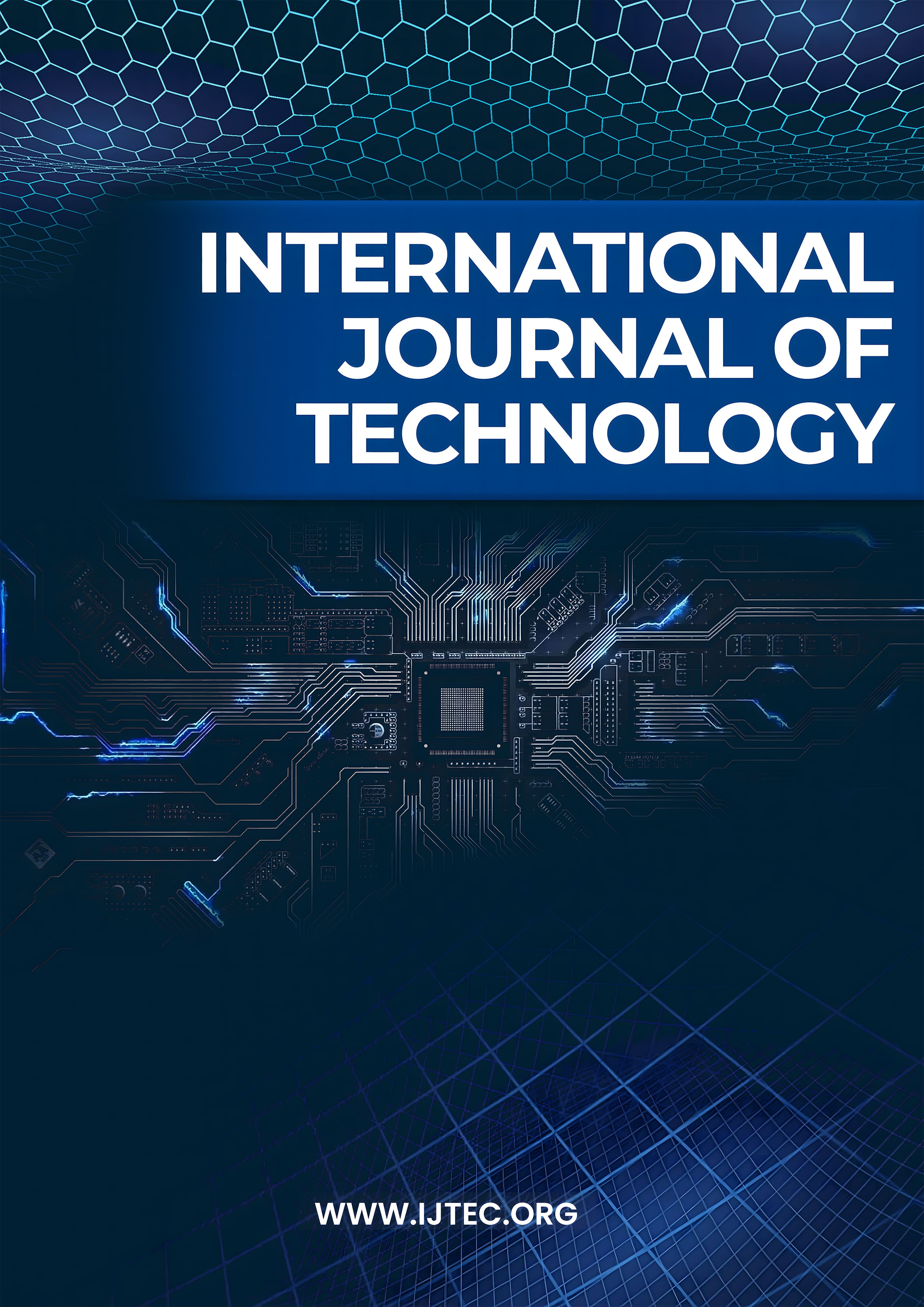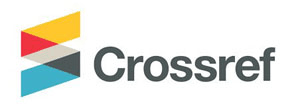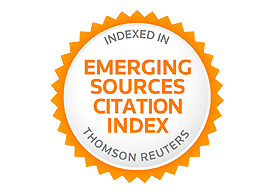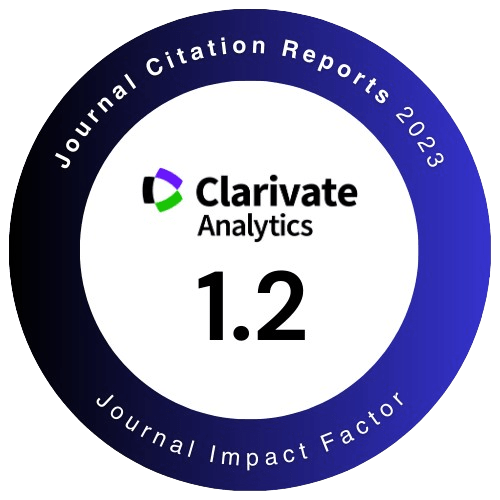Online Learning Acceptance in Higher Education during Covid-19 Pandemic: An Indonesian Case Study
Abstract
Distance education using e-learning is a solution to the pandemic condition. CeLOE LMS is an e-learning platform to support distance or online education for all Telkom University students. The aim of this study is to analyze factors that may influence user acceptance behavior and attitudes using the Technology Acceptance Model (TAM). To measure user acceptance towards CeLOE LMS during online learning at Telkom University, a quantitative method was used in this study. A total of 175 college students participated in this study. This study uses five variables with 24 indicators that influence user acceptance attitudes and behavior, namely Perceived Usefulness (PU), Perceived Ease of Use (PEOU), Attitude Toward Use (ATU), Behavioral Intention to Use (BI), and Actual System Use (AU) which were all analyzed using PLS-SEM tools. The results showed that all six hypotheses (H1-H6) were positive and significant. Hypothesis 3 stating that the PEOU variable influences the ATU variable gained the highest hypothesis test score of 0.671 while Hypothesis 5 stating that the PU variable influences the ATU variable gained the lowest hypothesis test score of 0.279.
Keywords
Full Text:
PDFDOI: https://doi.org/10.14716/ijtech.v15i1.5078











